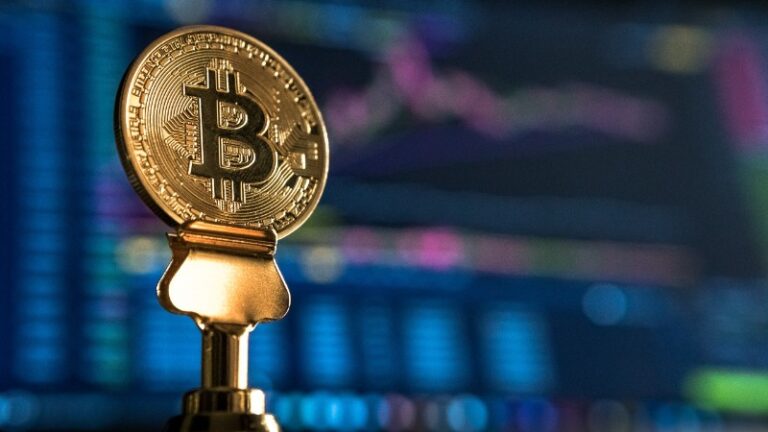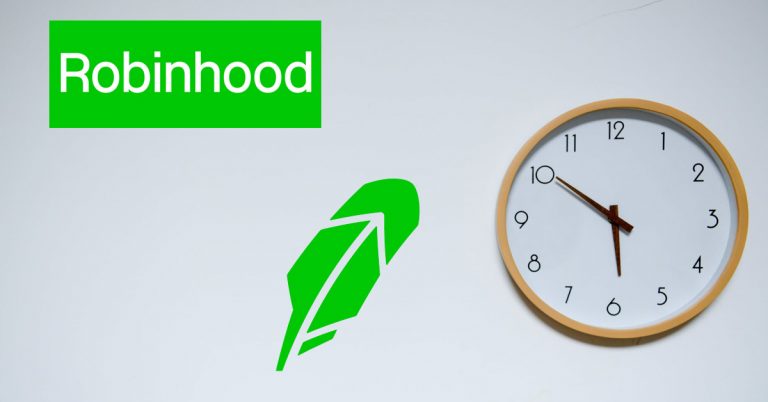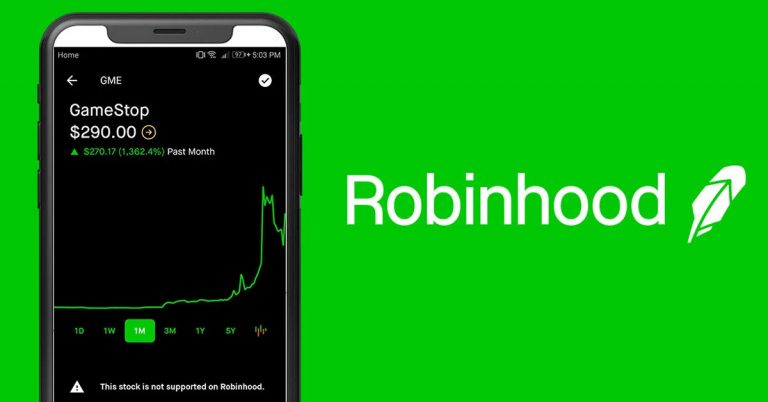Is Robinhood a Pyramid Scheme?
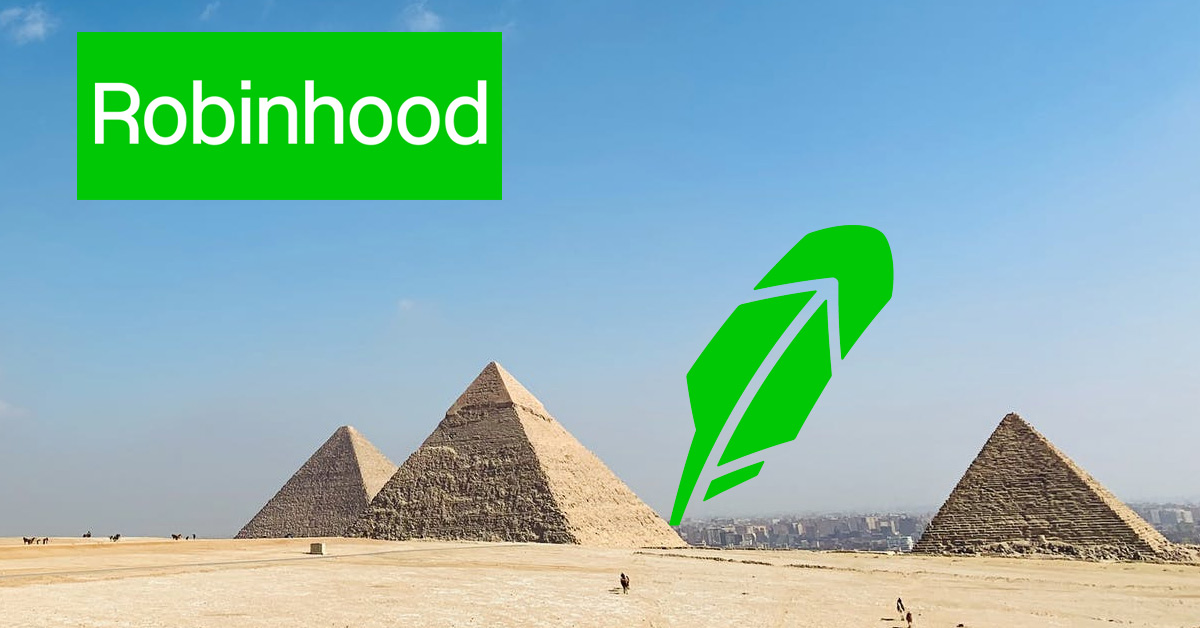
Robin Hood has been one of the most popular legends mentioned in the English literature depicted as a heroic outlaw in the medieval era known for stealing from the rich and giving it to poor communities. Although there had been no specific traces from which the fictional tale may have been inspired, some historians were able to detect similar variations to the name in the 13th century that were used to tag criminals. However, in this day and age, the term “Robinhood” has evolved into an opportunity for everyone to access the financial market through the use of designed applications.
Robinhood is not a pyramid scheme because it’s a financial services company established by two roommates in 2013 which allows for commission-free investments through a downloadable app that buys and sells stocks.
As fraudulent schemes have also evolved over the years, choosing the right platform on where to invest your money has been tricky. With that being said, we will find out whether Robinhood is a safe avenue for investment along with some other discussions on the cons of the idea.
As stated on their website, the whole idea behind the company is to “democratize finance for all.” It means that anyone—especially newbies—can invest regardless of how much money you already have. The whole process begins by acquiring portions of shares from various eligible companies that users can utilize for their portfolio. All of these can be done without worrying about any fee or even the need to reach the minimum amount to invest.
Similar to whole-funded stocks, fractional shares are also eligible to receive dividends. These are paid by some companies among their shareholders based on the percentage of what they own. Although bear in mind that owning stocks as an investor also comes with the risk of possible losses brought by a fluctuating market.
Is Robinhood a Ponzi scheme?
In an article by Investopedia, Ponzi schemes—which was a term coined back in 1919 from a certain swindler named Charles Ponzi—are defined as a scamming technique that promises “high rates of returns with little risk to investors.” Similarly, it can be explained as a system that heavily relies on consistent cash inflow from new investments to provide returns to initial investors. This is why it is a scheme that is bound to fall apart once they fail to attract additional clients.
Given that definition, it goes to show that Robinhood is not a Ponzi scheme as it only offers commission-free trading without explicitly promising fast returns of money. They have also explicitly stated on their website that additional fees will only apply should customers opt for its premium membership called Robinhood Gold. It includes more access to research reports and level II market data at a price of $5 per month.
In order to keep their users safe and also as part of their policies, Robinhood assures its clients that their money is protected as members of the Securities Investor Protection Corporation (SIPC) through the insurance of $500,000 for securities and $250,000 on claims for cash.
As a securities brokerage firm, they are likewise supervised by the Securities and Exchange Commission (SEC). Meanwhile, the company also offers full reimbursement for any losses caused by unauthorized activity as part of its commitment to ensuring that each account is safe.
However, the company also encourages its members to initially enable heightened cybersecurity practices in order to avoid dealing with these kinds of situations.
Is Robinhood a scam?

Since it is a new avenue of investment that relies heavily on technology, it’s normal for people to doubt these platforms especially with their accessible yet unfamiliar features. But no it’s not a scam as it has already proven its service to its more than 10 million users, where most of which have increased during the pandemic.
Based on some reviews on Reddit, a number of people have said that the app’s commission-free component is a good way for beginners to learn about stocks without playing with large capital.
Although like any other stock brokerage firm, Robinhood also had its fair share of issues especially after skeptics pointed out that the app itself was luring neophytes and young ones without the proper training of entering the trading industry.
This included the tragic death of a 20-year-old college student from Illinois who killed himself without fully understanding what the red lines in his app meant. According to a Forbes article, Michael Kearns may have allegedly ended his life after seeing a cash balance of negative $730,165 in his Robinhood account which apparently could have only been temporary.
The company disclosed no further details about the incident but said that they will be immediately reviewing their app for any changes to their platform.
Last December, a complaint was filed by Massachusetts securities regulators against Robinhood for their alleged tactics of ‘gamification’ on the idea of investing without ensuring that controls are in place to protect young and inexperienced shareholders.
In addition to that, some academics are even saying that it may engage a form of addiction especially after the app has recently launched a cash management feature that would enable its users to own a Robinhood-branded Mastercard debit card that you can use to withdraw from around 75,000 ATMs. The only problem is it has a waitlist in which users will have the option to move up from their current spot only by tapping up to 1000 times per day.
Aside from this, some users have also pointed out the somewhat celebratory interface in the app with confetti falling around for every transaction made. In an article written by marketing professor Scott Galloway, he said that the rewards mechanism in apps such as Robinhood may manifest an addictive behavior that is most likely the “hardest to stop” especially for youngsters.
Just this month, they have yet again faced another roadblock after receiving backlash for initially restricting trade with some stockholders which was said to be a “risk-management decision.” These included stocks for GameStop which is a retail gaming enterprise for video gaming consoles and accessories such as Xbox, PlayStation, and Nintendo Switch.
This prompted the filing of a class-action lawsuit by customers who were allegedly deprived of utilizing the app’s service which they said was an effort “to manipulate the market for the benefit of people and financial institutions.”
It also even created a massive charge led by Reddit investors who raised the stocks for GameStop and others who were likewise affected by the restriction on trading as initially announced by Robinhood.
Eventually, Robinhood had announced that they will be resuming “limited buys” with these stockholders. In a New York Times article, the company drew on a line of credit between $500 to $600 million along with a separately raised $1 billion from its existing investors in order to meet more lending requirements and to avoid putting further trade limits.
Is Robinhood legitimate?
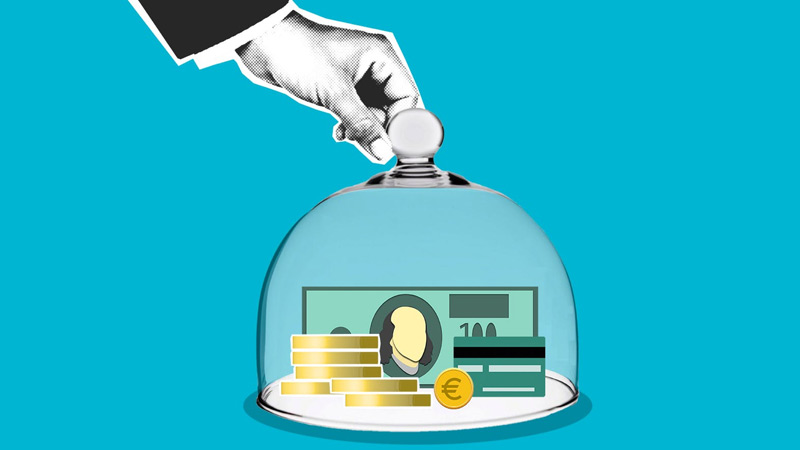
The bottom line is that Robinhood is a legitimate business but it’s also not for the faint-hearted. Although the company brands itself as a program that anyone can take part in, there is still a lot to learn behind the idea of investing in stocks including certain terminologies and the effect of the fluid market on what you own. With this, users can find the basics of investment along with other educational materials on Robinhood’s website that is more advisable to check out before fully entering into this world.
Given that the program is literally anchored on the idea of having no commission fees to invest, the question lingers as to how does a large brokerage firm as such generate their money. On their website, it is stated that the company creates a majority of their revenue in a number of ways such as through stock loans, Robinhood Gold, and rebates from market makers and trading venues among others. On top of that, they also create income from their other associated fees that are listed on their financial fee schedule.
To create an account, Robinhood first requires its members to be 18 years old and above. They should also be U.S. citizens, with a legal residential address, and a valid Social Security Number. It is of grave importance to first understand how the stock market works before fully immersing yourself in this kind of business. There are a lot of factors that may cause it to either rise to fall which would also mean a direct effect on the stocks that you buy, specifically those coming from large stock owners.
At present, the brokerage firm—who lately has been gaining even more popularity—is still facing a mix of enthusiasm and skepticism as investors decide whether it is truly a platform that allows for almost all levels of social classes to have equal chances at taking their shot in the unpredictable stock market. Now that we’ve put all ideas into one basket, it is time for you to decide if it’ll be a suitable battleground for your money.


